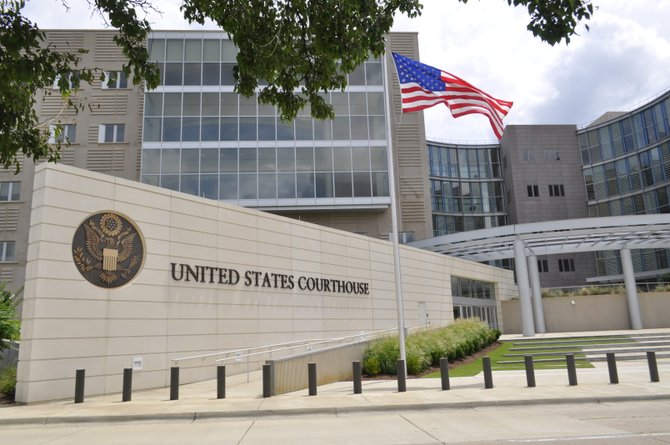This past Friday in the US v. Mississippi mental health lawsuit, the State of Mississippi filed its response to the United States’ May 14 motion that alleged that the state, at the time it submitted its proposed remedial plan on April 30, “impermissibly introduced and relied on extra-record information about Mississippi’s mental health system”, and had done so without asking the court if it could supplement the record, without conferring with the DOJ, and without providing supporting documentation except for a “conclusory declaration” by the Executive Director of the Department of Mental Health. The United States asked the court in this supporting memorandum to either strike the assertions made by the State from the record, or alternatively to allow the United States to pursue limited discovery about the developments that the State asserted in their remedial plan and report had occurred after the trial had ended.
The State of Mississippi’s motion in response states:
2. Mississippi submitted the Declaration of Wendy Bailey (ECF 262-2) to let the Court ‘know what the state has done to remedy what the Court thought was wrong.’ The United States overreacted to Ms. Bailey’s Declaration by asking to reopen discovery or to strike Ms. Bailey’s Declaration.
3. Mississippi understood the Court’s comments during the February 21 videoconference to mean that the Court wants to ‘know what the state has done to remedy what the Court thought was wrong.’ Ms. Bailey’s Declaration is a logical and reasonable means by which to advise the Court of the progress Mississippi has made since trial. The Court should deny the United States’ request for ‘limited discovery’ (which is by no means ‘limited’), as well as its separate request to strike Ms. Bailey’s Declaration.“The State of Mississippi’s memorandum in support of its motion provides further clarifications of its points.Although this most recent motion focuses on what information is permissible to introduce, the supporting memorandum also brings out several differences in Mississippi’s proposed remedial plan and the United States’ proposed remedial plan. One of these is how Programs of Assertive Community Treatment (PACT) teams are designed and adapted for rural areas and if the State’s Intensive Community Outreach and Recovery Team (I-CORT) are an evidence-based adaptation.
Dr. Michael Hogan is the Special Master for this case and his input on the two proposed plans is due to the Court this Friday, June 4. We are looking forward to his feedback and hope it provides clarity about which approaches are most likely to help people with mental illness live meaningfully outside of institutions. We encourage everyone to thoughtfully review the plans of both the State of Mississippi and the United States and consider how well they support people with mental illness being able to live and work in the community.
- Federal attorneys: Mississippi must expand community-based mental health services
- Battle over state’s mental health system could be nearing an end
- Department of Justice Reveals Plan For Ailing Mississippi Department of Mental Health
Doug T. Miracle, Civil Litigation
Office of Attorney General Lynn Fitch
601.359.3680
doug.miracle@ago.ms.gov
Sarah L. Malks
Outreach Specialist
Civil Rights Division, US Department of Justice
iPhone 202.598.5344
Sarah.Malks@usdoj.gov

